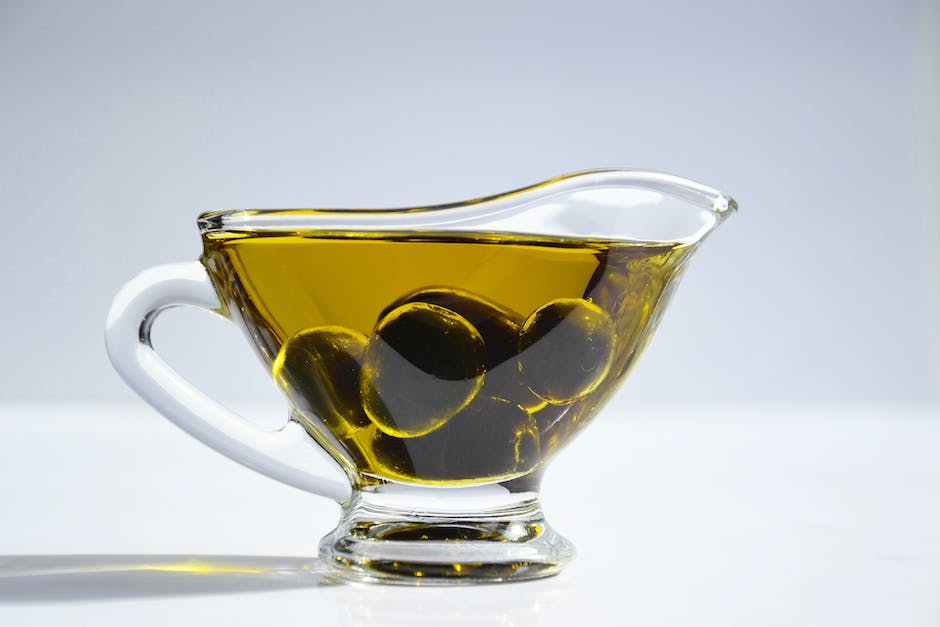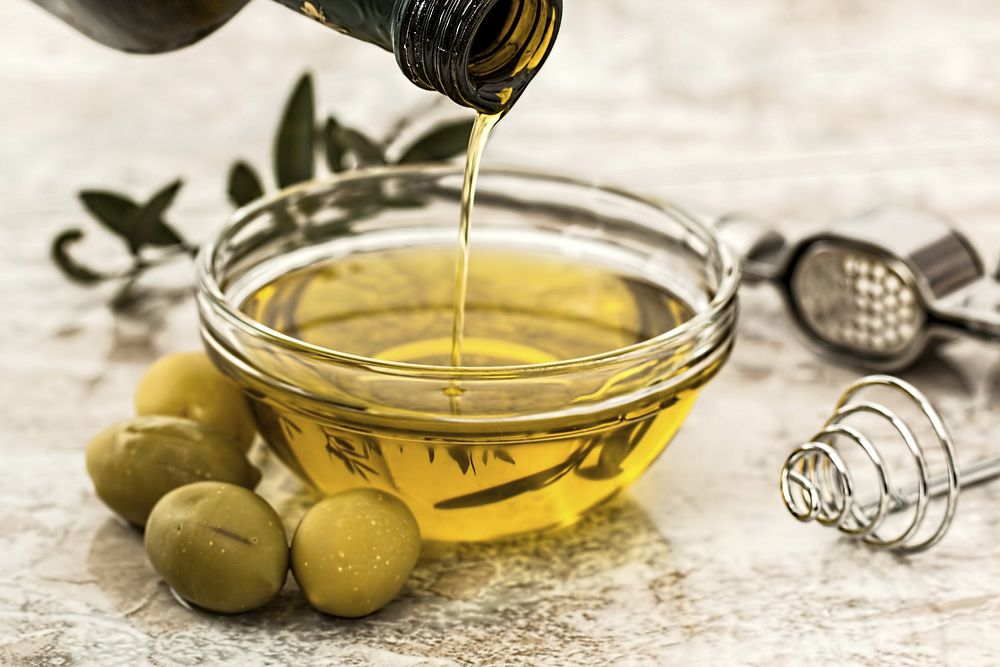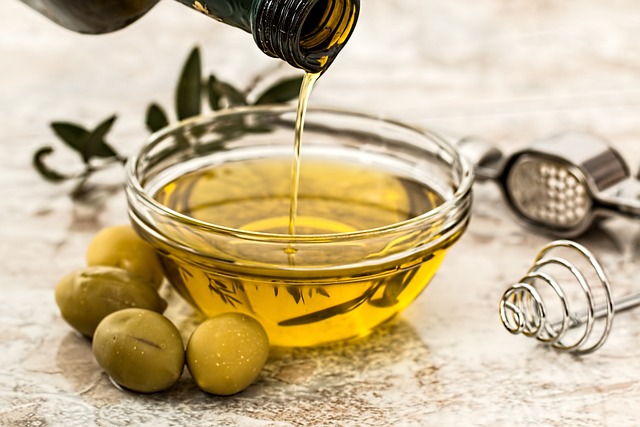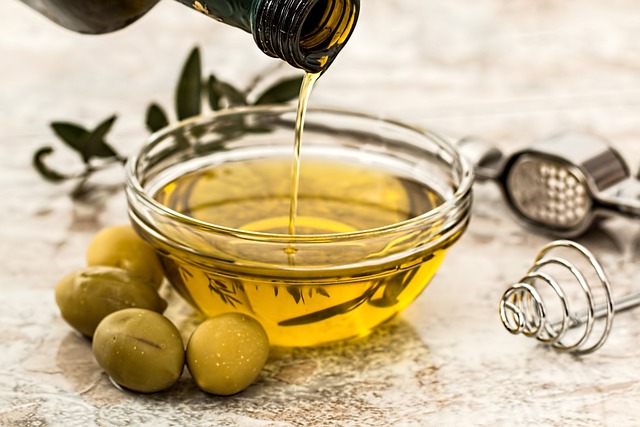There is an alchemical elixir that flows through the veins of Greek cuisine, an unparalleled treasure that bestows flavor and vitality upon every dish it touches. This liquid gold, known as olive oil, has captured the hearts of food lovers around the world for centuries. With its humble origins rooted in ancient Greece, olive oil has since become a universally acclaimed delicacy, cherished for its versatility and undeniable charm. Embark on a gastronomic journey as we delve into the extraordinary allure of olive oil, unravelling its rich history, nuanced flavors, and profound impact on Greek cuisine. Join us as we pay homage to this iconic ingredient, the liquid gold that adds an irreplaceable touch of magic to every Greek dish.
The History and Origins of Greek Olive Oil: Delving into Centuries of Tradition
Greek olive oil has a rich and fascinating history that spans centuries. Renowned as one of the world’s finest oils, it has become an indispensable ingredient in Greek cuisine and beyond. To truly appreciate this liquid gold, it is essential to dive into its origins and understand the traditions that have shaped its production over time.
The story of Greek olive oil can be traced back to ancient times, where olive trees were believed to be a divine gift from the goddess Athena. The Greeks soon realized the potential of olives and their oil, using it not only for cooking but also for medicinal purposes, religious ceremonies, and even as a form of currency. The art of olives and olive oil production became deeply embedded in Greek culture, with regional variations and techniques emerging throughout the country. From the fertile groves of Crete to the sun-drenched hillsides of Peloponnese, generations of Greek farmers have dedicated themselves to preserving and passing down this cherished tradition.
- Every step of the olive oil-making process is a labor of love, carefully executed to ensure the highest quality. Olives are hand-picked at the peak of ripeness, ensuring the best flavor and aroma.
- The olives are then carefully washed and sorted before being crushed to release their precious oil. Traditional stone mills or modern mechanized presses are used, with each method imparting a unique character to the final product.
- Extensive knowledge and expertise are required to properly separate the oil from the fruit’s pulp and water. This delicate process involves pressing and centrifuging, resulting in a smooth, golden-hued oil that captures the essence of Greek terroir.
Today, Greek olive oil continues to be revered for its exceptional quality and exceptional health benefits. Its distinct flavors, ranging from fruity and grassy to peppery and robust, make it a versatile ingredient in countless dishes. Explore the wonders of Greek cuisine, and you will understand why this ode to olive oil remains an integral part of the Greek culinary heritage.

Unveiling the Secrets of Greek Olive Oil Production: From Farm to Table
The process of Greek olive oil production is an ancient art that has been passed down through generations, steeped in tradition and surrounded by reverence. From the moment the olives are harvested to the final golden elixir that graces our tables, every step is carefully orchestrated to ensure the highest quality and unrivaled taste.
In the tranquil olive groves of Greece, skilled farmers tirelessly tend to their trees, nurturing them with love and care. Each olive is meticulously handpicked, ensuring only the ripest and finest fruit is chosen. The olives are then delicately transported to the mill, where they are transformed into liquid gold through a process called cold pressing. The extraction is a labor of love, as the olives are gently crushed to release their precious oils, in a manner that preserves their full flavors and healthful properties. This method, handed down over centuries, is a testament to the unwavering commitment to quality that runs deep in Greek olive oil production.
Once the olive oil has been extracted, it undergoes rigorous testing and tasting to ensure its excellence. Only the finest oils, with their distinct aromas and flavors, earn the prestigious designation of extra virgin olive oil. These golden drops of goodness are vibrant and full-bodied, with a balance of fruity and peppery notes that dance on the palate. With its myriad health benefits and versatility in the kitchen, Greek olive oil truly is the liquid gold that ignites our culinary passions and enriches our lives.
Exploring the Varied Uses of Greek Olive Oil: From Cooking to Skincare
Greek olive oil is often referred to as the “liquid gold” of Greek cuisine, and for good reason. Its rich flavor and versatility make it a staple ingredient in countless traditional Greek recipes. From vibrant salads to hearty stews, olive oil adds a distinctive taste that elevates any dish. Its smooth texture and mild yet fruity aroma make it a pleasure to cook with, allowing one to craft flavorful meals with ease.
But the uses of Greek olive oil extend beyond the kitchen. This golden elixir has been cherished for centuries for its skincare benefits. Olive oil is packed with antioxidants and vitamins that nourish and hydrate the skin, making it a natural choice for moisturizing lotions and creams. Its anti-inflammatory properties can also help soothe irritated skin and prevent signs of aging. Whether used as a gentle cleanser, a nourishing hair mask, or a luxurious massage oil, Greek olive oil can transform your beauty routine, leaving you with a healthy and radiant glow.
In summary, Greek olive oil is a true treasure for both cooking enthusiasts and beauty devotees. Its ability to enhance the flavors of dishes and nurture the skin is unparalleled. So, next time you reach for that bottle of liquid gold, savor not only its culinary magic but also the endless possibilities it holds for your skincare routine. Whether it’s drizzling it over a fresh Greek salad or indulging in a relaxing olive oil-infused spa session, let Greek olive oil add a touch of luxury to your life.
Embracing the Rich Health Benefits of Greek Olive Oil: Nourishing the Body and Mind
Step foot into any traditional Greek kitchen, and you will be captivated by the heavenly aroma of olive oil dancing in the air. With its rich and ancient history, olive oil has long been hailed as the liquid gold of Greek cuisine. Beyond its delectable taste, Greek olive oil offers an abundance of health benefits that nourish both the body and mind.
Derived from the fruits of the legendary olive tree, Greek olive oil is a nutritional powerhouse packed with vitamins, minerals, and antioxidants. It is a key component of the Mediterranean diet, which has been proven to promote heart health, reduce the risk of chronic diseases, and prolong life. The health benefits of Greek olive oil are manifold, ranging from boosting brain function and improving mood to strengthening the immune system and combating inflammation.
Whether drizzled over a fresh Greek salad, used as a marinade for succulent grilled meats, or enjoyed as a dip for warm crusty bread, Greek olive oil elevates every dish it touches, transforming it into a culinary masterpiece. Its distinct fruity flavor and smooth texture add depth and complexity, enhancing the natural flavors of ingredients. From its unmatched taste to its inherent health benefits, Greek olive oil truly deserves its place as the ultimate elixir of wellness.
In Summary
As we come to the end of our deep dive into the world of Greek cuisine, we cannot help but linger on the star of the show: olive oil, the liquid gold that tantalizes our taste buds and nourishes our bodies. Its rich history, unparalleled versatility, and undeniable health benefits have made it a true staple in kitchens far and wide.
Since ancient times, olive oil has been cherished as a symbol of abundance, prosperity, and purity. Its presence in Greek mythology and literature reflects its significance in society. From the mythological Mount Olympus to the humblest village orchards, the olive tree has stood as a timeless witness to the traditions and values that make Greek culture so unique.
The melodic toil of olive pickers and the gentle rustle of its branches resonate with the passion and devotion of generations of Greek farmers. The art of pressing and crafting olive oil has been passed down through centuries, ensuring that every drop is a masterpiece in its own right. It is this dedication that elevates olive oil from a mere ingredient to the status of liquid gold, irreplaceable and universally praised.
But beyond its ethereal taste, olive oil is an elixir of health, a treasure trove of beneficial properties. Its high content of monounsaturated fats, antioxidants, and essential vitamins has been linked to countless health benefits, ranging from heart health to lowering the risk of chronic diseases. In a world where our focus on wellness deepens each passing day, olive oil effortlessly shines as nature’s most indulgent healer.
Throughout this enlightening journey, we have explored the vast culinary possibilities that olive oil opens to us. From a drizzle of this golden nectar enhancing a fresh Greek salad, to a sizzling sauté, producing heavenly aromas that dance in the air. Its role in Mediterranean cuisine is pivotal, seamlessly blending flavors and enriching dishes with its distinctive personality. A testament to its unparalleled adaptability and vibrant character.
As we bid farewell to olive oil, we carry with us a renewed appreciation for its essence. We realize the significance of this humble ingredient, which has woven its presence through the tapestry of Greek cuisine, and beyond. Let us not forget the magic of each drop, the centuries of tradition it encapsulates, and the remarkable journey it embarks upon from tree to bottle.
So, next time you find yourself reaching for a bottle of olive oil, let the spirit of Greece guide your hand. Pour that golden elixir, savor its extraordinary taste, and with each bite, honor the ode to olive oil that resonates through our kitchens, and our souls.

